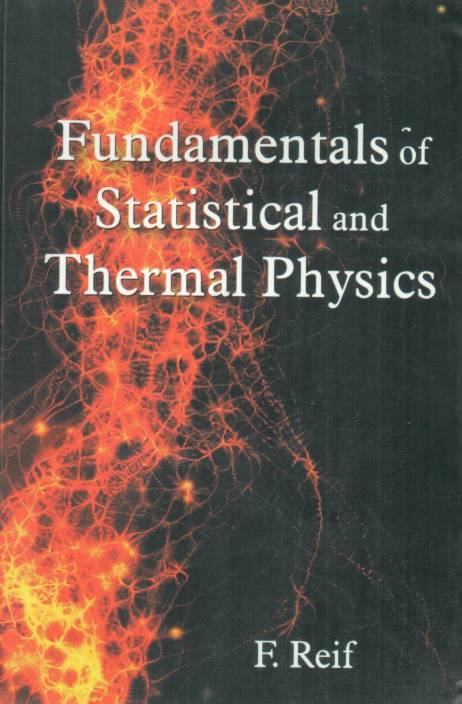
 Fundamentals of statistical and thermal physics
by
Fundamentals of statistical and thermal physics
by
Basics of thermodynamics: Temperature, Work, Energy, thermal equilibrium, Kinetic theory and general gas law, Macroscopic and Microscopic variables, Extensive and intensive state variable, Defining systems, Describing systems and their behavior, Specific volume and pressure, measuring temperature.
Laws of thermodynamics: Reviewing mechanical concepts of energy, Broading our understanding of work, Broading our understanding of energy, energy transfer by heat, Energy as a state function, Quasistatic work, reversible and irreversible work, path dependent work, Defining the Kelvin temperature scale, Maximum performance measures for cycles operating between two reservoirs, carnot cycle.
Using entropy: Introducing entropy, Defining entropy change, Entropy change in internally reversible Processes, Entropy balance for closed systems, Entropy rate balance for control volumes, Isentropic processes,
Introduction to statistical methods: Elementary statistical concepts and examples, The simple random walk problem in one dimension, General discussion of mean values, Calculation of mean values for the random walk problem, probability distribution for large N, Gaussian probability distributions, Probability distribution for large N.
Statistical formulation of the mechanical problem: Specification of the state of a system, Statistical ensemble, Statistical ensemble, canonical ensemble, Microcanonical Ensemble, grand canonical ensemble, chemical potential Basic postulates, Probability calculations, Behavior of the density of states, Thermal interaction, mechanical interaction, Boltzmann equations.


